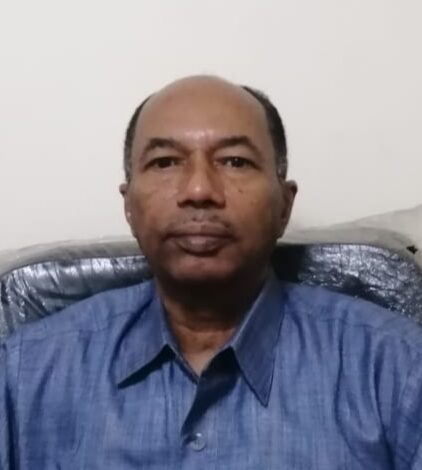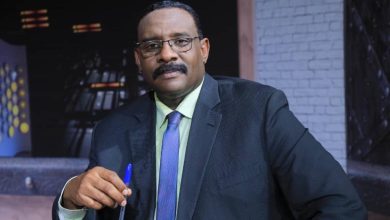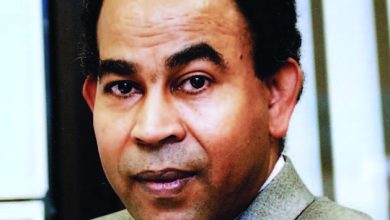Opinion
The Sudanese Communist Party and the Historical Dilemma

Dr. Adel Abdel Aziz El-Faki
The Sudanese Communist Party has acknowledged that the war in Sudan is driven by international and regional ambitions for its latent resources, with the Rapid Support Forces (RSF) being the tool for executing this strategy to control these resources. However, the party fails to propose a remedy strategy.
On the Zarka Al-Motawara channel, media host Magdy Abdel Aziz hosted Dr. Sidgi Kablo, Professor of International Economics at the University of Khartoum and a member of the Central Committee of the Communist Party. It was evident during the interview that Dr. Sidgi was expressing the views of the Sudanese Communist Party.
Dr. Sidgi Kablo provided an excellent analysis of the current international situation, highlighting the strategic competition for resources. He noted that Sudan is at the heart of this competition due to its well-known agricultural and mineral resources, which are highly coveted by competing international powers.
He pointed out that since the 1970s, the United States has considered Sudan to be part of its vital security zone and had decided that the headquarters of the U.S. African Command (AFRICOM) should be located in Sudan’s capital, Khartoum.
He also stated that the 2019 revolution was derailed by political forces that aligned themselves with the plan to seize Sudan’s resources through major projects (such as the Al-Fashaqa agricultural project) and policies biased towards what he called the new parasitic capitalism (like Al-Fakher Company), among others.
Dr. Sidgi said that he remained in his home in Khartoum Bahri for seven months after the start of the war and that soldiers from the RSF militia attacked his house 13 times, looting all his possessions. He confirmed that the crime of genocide against the Masalit in Geneina cannot be evaded by the RSF, no matter how skilled any international lawyer may be.
Despite Dr. Sidgi Kablo’s acknowledgment of these atrocities committed by the rebel RSF militia, he goes on to say that the army bears responsibility for the killing of civilians, citing an example where the air force bombed a house in the Sababi neighborhood instead of the Friendship Palace, where the rebels were located.
Suddenly, Dr. Kablo descends from the position of an academic and expert to that of a political activist, claiming that Burhan, the current army commander, is the one who brought Hemedti (RSF leader), and that both should stop the war. However, he fails to answer the question of how this can be achieved.
Despite the horrific war and its devastating effects, it seems to me that the Sudanese Communist Party remains trapped in a left-right or Hilal-Merreikh (soccer rivalry) conflict. The natural conclusion of Dr. Kablo’s strategic analysis should have been to call on all Sudanese people to unite against the rebel militia. With his political acumen and reading of the Sudanese scene, he should have recognized that the only organized force capable of countering the plan to divide Sudan and seize its resources is the national army, which is composed of members from all regions and tribes of Sudan.
This is a matter of existence or non-existence. All Sudanese parties must unequivocally support the national army and other regular forces without equating them with the rebel militia. The vision has become clear to the youth in Sudan, and the Sudanese parties should follow their lead, or else they will find themselves outside the circle of action and history.



